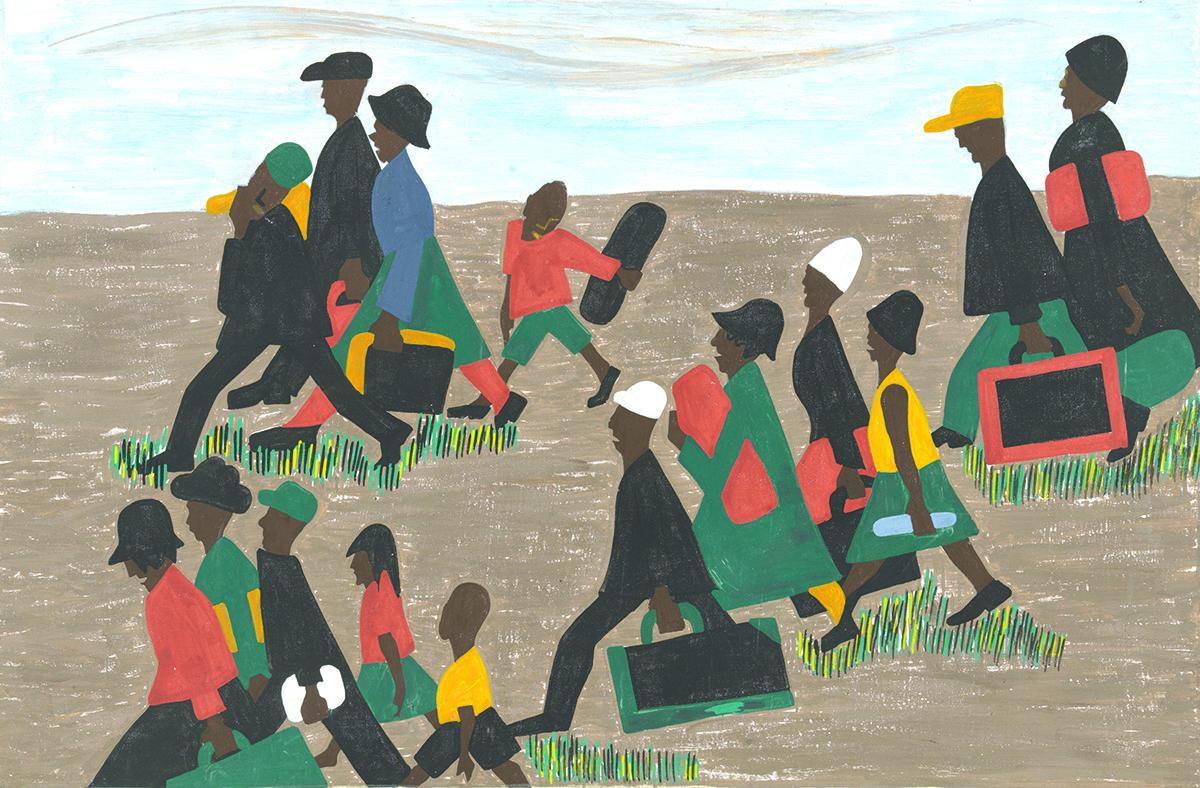Racial Bias in Drug Arrests & Effects
Peyton O’Laughlin
On April 27, 2018, the city of Seattle filed a motion with the Seattle Municipal Court to vacate convictions and dismiss charges for marijuana possession. The motion is only set to assist those who were prosecuted by the city of Seattle between the years of 1997 to 2010 but, if approved, would change the record of about 540 citizens.
This short article made me think about what social media has been yelling for the past few years, “If weed becomes legal in a state, then all those who were imprisoned for possession of marijuana should receive freedom.” I’m paraphrasing, but I see a post that is similar to that every week. There is no argument to be had about this subject. If a state legalizes the recreational use of marijuana then those individuals that were imprisoned, solely for the possession or use of marijuana, should be freed.
Let’s look at some number (following statistics are from DrugPolicy.Org):
- The number of arrests in 2016 in the U.S. for drug law violation reached 1,572,579 (84% of these arrests that were for possession only: 1,249,025).
- Number of people arrested for a marijuana law violation in 2016: 653,249 (89% of those charged with marijuana law violations who were arrested for possession only: 574,641)
Over half a million individuals were arrested for only possessing some amount of marijuana. These individuals, if charged deserve freedom, if legalization occurs. These numbers are the result of the war on drugs and mass incarceration.
Drug Sentencing Disparities according to NAACP.org:
- African Americans and Hispanics make up approximately 32% of the US
population, but they comprised 56% of all incarcerated people in 2015. - In the 2015 National Survey on Drug Use and Health, about 17 million whites and 4 million African Americans reported having used an illicit drug within the last month.
- African Americans and whites use drugs at similar rates, but the imprisonment rate of African Americans for drug charges is almost 6 times that of whites.
- African Americans represent 12.5% of illicit drug users, but 29% of those arrested for drug offenses and 33% of those incarcerated in state facilities for drug offenses.
The numbers don’t lie. African Americans are more likely to be arrested for possession/use even though African Americans and whites use drugs at a similar rate. These facts should come as no surprise, but it’s always good to look at the numbers and realize that discrimination is still largely a threat to the lives of people of color and white privilege is far from gone.
To wrap up this piece, I want to look at some other statistics that are presented from NAACP.org:
- A criminal record can reduce the likelihood of a callback or job offer by nearly 50 percent. The negative impact of a criminal record is twice as large for African American applicants.
- Infectious diseases are highly concentrated in corrections facilities: 15% of jail inmates and 22% of prisoners – compared to 5% of the general population – reported ever having tuberculosis, Hepatitis B and C, HIV/AIDS, or other STDs.
- In 2012 alone, the United States spent nearly $81 billion on corrections.
- Spending on prisons and jails has increased at triple the rate of spending on Pre‐K‐12 public education in the last thirty years.
Not only are black citizens more likely to be imprisoned than white for drug possession, if marijuana is legalized and these individuals are freed through legislation then they are less likely to acquire a job and they have been in proximity to a large concentration to infectious diseases.
Citations:
EndPlay. “Seattle Files Motion to Vacate Marijuana Possession Convictions.” KIRO, 27 Apr. 2018, www.kiro7.com/news/local/seattle-files-motion-to-vacate-marijuana-possession-convictions/739872778.
“Drug War Statistics.” Drug Policy Alliance, www.drugpolicy.org/issues/drug-war-statistics
“Criminal Justice Fact Sheet.” NAACP, www.naacp.org/criminal-justice-fact-sheet/.
